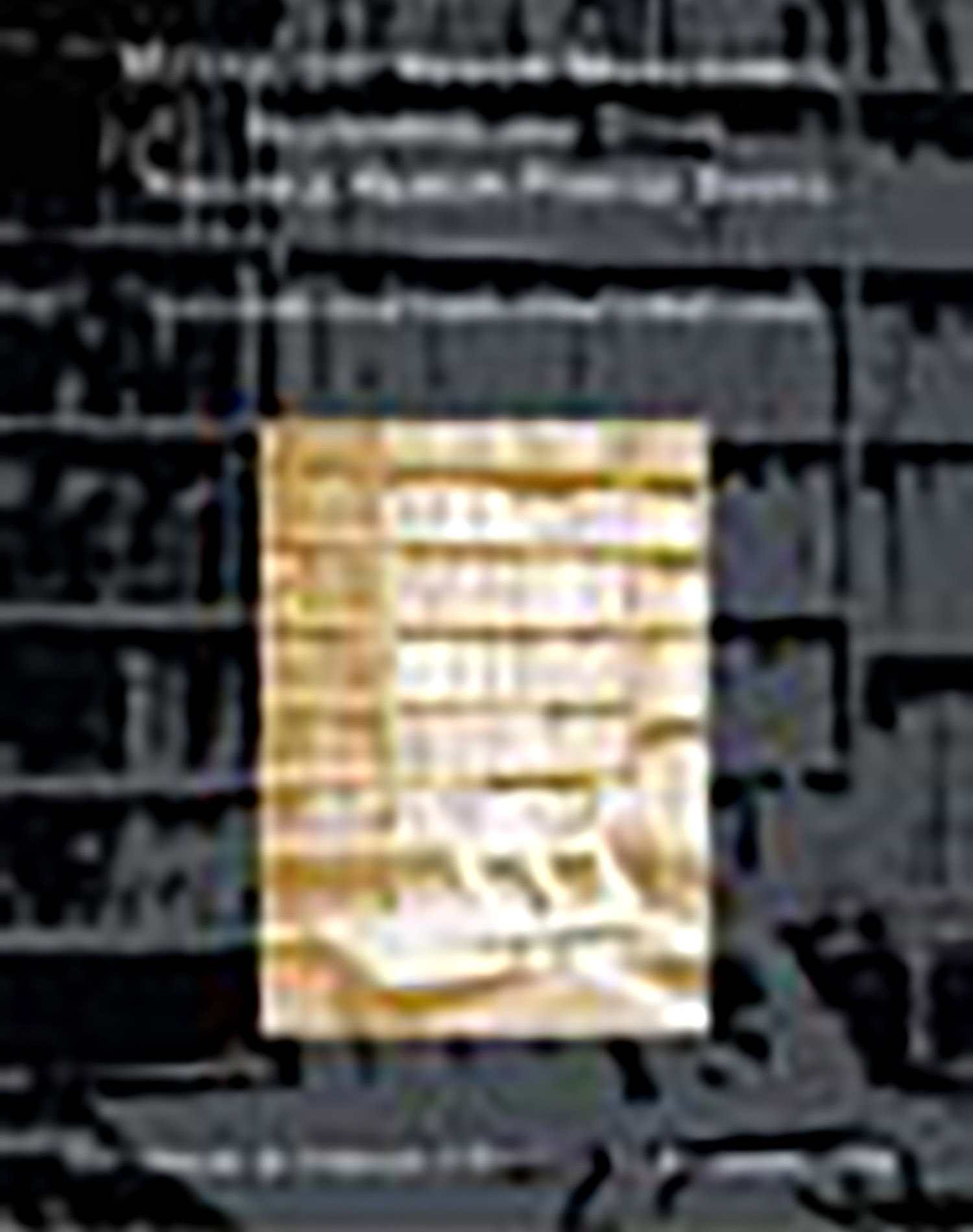Machzor [prayers for the festival of Tabernacles]. According to Romanian rite.

AUCTION 18 |
Tuesday, December 17th,
2002 at 1:00
Magnificent Hebrew Manuscripts, Incunabula and Other Valuable Hebrew Printed Books Sold By Order of The Trustees of Jews' College, London.
Lot 14
(LITURGY)
Machzor [prayers for the festival of Tabernacles]. According to Romanian rite.
Balkans: 15th Century
Est: $20,000 - $30,000
PRICE REALIZED $20,000
Prayers according to the esoteric Greek Romanian (Romaniot) rite. Not to be confused with Rumania, but a rite stemming from the Byzantine Empire. By the late 16th century its usage became superseded by the Sephardi rite and Romaniot fell into disuse. This important rite contains a particularly rich collection of Piyutim many of which were not printed elsewhere nor recorded in Davidson’s Otzar Ha-shira Ve-hapiyut.
See S.C. Reif, Judaism and Hebrew Prayer (1993) pp.161-2; E. D. Goldschmidt, On Jewish Liturgy: Essays on Prayer and Religious Poetry (1978) pp.122-52 (originally published in Sefunot Vol. VIII (1964) pp.205-36); EJ, XI col.398.
The manuscript contains the order of prayers and Piyutim from the beginning of Sukkoth including Hoshanoth,Torah readings, Shabbath Chol Hamoed, Hoshana Rabah and Shmini Atzereh including prayers for rain. Also includes two Reshut Piyutim for the Tal prayer for Passover with a note from the scribe stating that they belong to the Passover Prayers.
This Machzor contains an extremely rare, excellent running commentary on many of the intricate and different Piyutim. According to Dr. Binyamin Richler, only two or three other examples of such commentaries are recorded. In addition, the Machzor contains halachic discourses regarding various laws and customs pertaining to the holiday, many of which differ with present practice. For example, the writer states that a blessing should be recited even upon the simple act of entering a Sukah - a practice nowhere practiced today. The scribe cites a host of authorities supporting this position including the Halachoth Gedoloth, the Yere’im, the Raviah, the Rokeach, the Machzor Vitri (Rabbi Simcha) all stating that a blessing should be recited for all activities in the Sukah and not only upon eating a meal as Rabbeinu Tam states.
A final additional insight relates to the text of the blessing for Hallel containing the word “ligmor” (to finish) instead of the common “likro” (to recite) - as accords with many German and French authorities.
